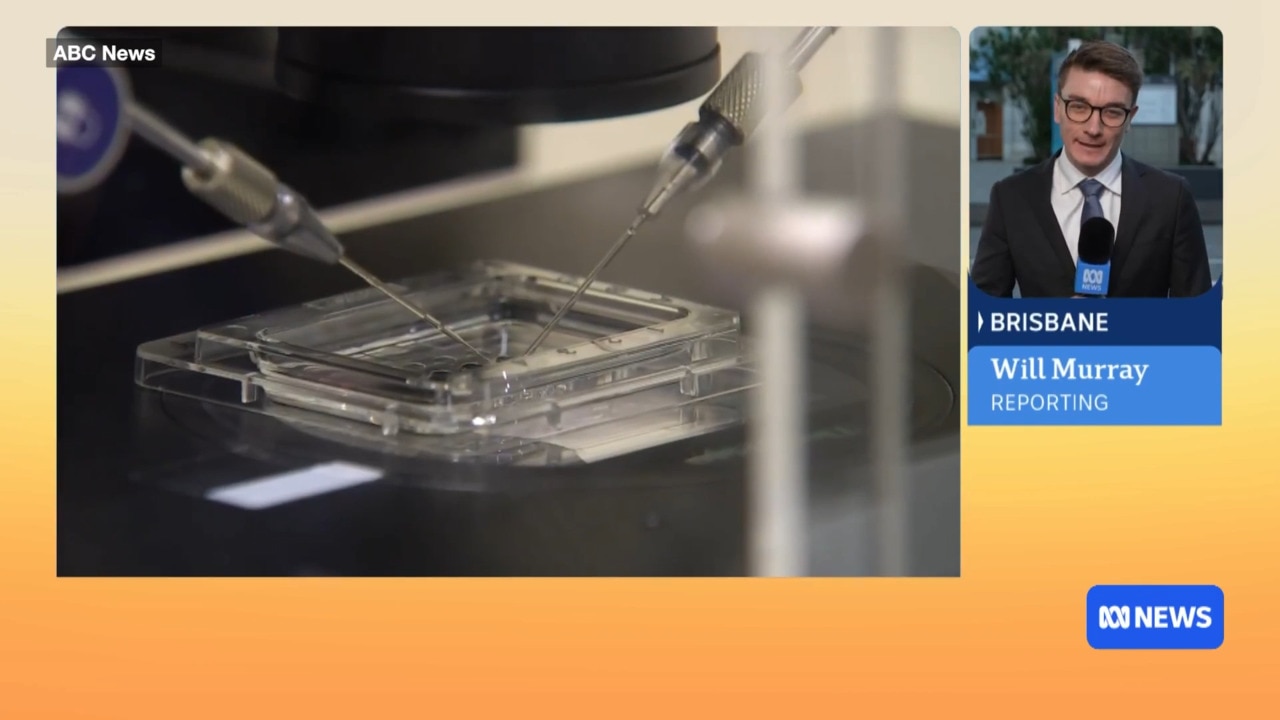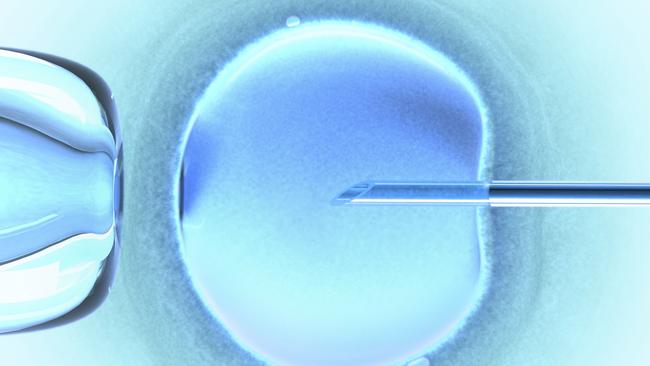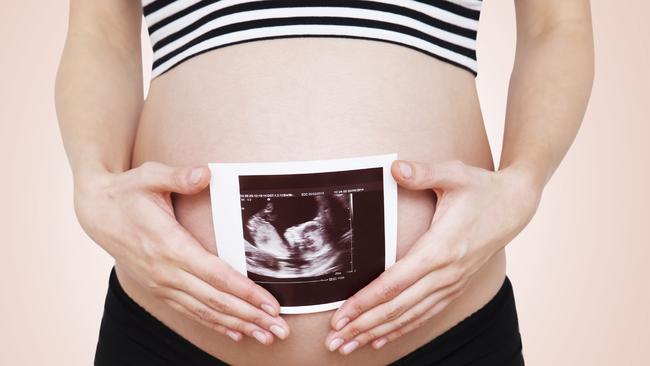What does the horror Monash IVF mix-up mean for patients?
A renowned Australian fertility clinic mistakenly impregnated a woman with another couple’s embryo. What does that mean for the parents? Here’s what we know.

Many Australians are questioning the legal — and emotional — ramifications after a woman from Brisbane gave birth to another person’s baby due to human error at a renowned fertility clinic.
In 2023, Monash IVF mistakenly impregnated the woman with another couple’s embryo. The mix-up was only discovered in February this year after the woman and her partner asked to transfer their remaining frozen embryos to another provider.
“All of us at Monash IVF are devastated and we apologise to everyone involved,” Monash IVF chief executive, Michael Knaap, said in a statement. “We have undertaken additional audits and we’re confident that this is an isolated incident.”
But just how isolated is this incident? Here’s what we know.

HOW COMMON ARE IVF MIX-UPS?
Thankfully, IVF mix-ups are extremely rare in Australia.
“This incident [at Monash IVF] represents an unprecedented occurrence in Australia and remains an exceptionally rare event on a global scale. IVF laboratories and clinics operate within some of the most tightly regulated, meticulously audited environments in all of medicine,” Alex Polyakov, Associate Professor in the Faculty of Medicine, Dentistry and Health Sciences at the University of Melbourne, said.
“Australia’s regulatory framework for assisted reproductive technology is internationally recognised for its stringency and thoroughness. While no system is entirely immune to human error, it is important to emphasise that every conceivable precaution is taken to minimise this risk. Based on the available information, this event is not reflective of a systemic failure, either within the specific clinic involved or across the broader IVF industry.”
Whilst uncommon, there have been a number of documented embryo errors in the United States, including a case where two women gave birth to each other’s babies and ultimately swapped them once the mistake was realised.
WHO IS THE LEGAL PARENT IN IVF PROCEDURES?
Put simply, the parent is considered to be the person who gives birth to the child, called the ‘birth parent’.
“The Family Law Act is Commonwealth legislation that covers all states in Australia. WA has a slightly different process because their Family Court is constituted by the state,” special counsel Erin Steiner of law firm Thornton + King said.
“Section 60H of the Family Law Act determines who a legal parent is where a child is born as a result of an IVF procedure. That section states that the birth parents, and the birth parent’s partner, are the legal parents of a child born through IVF. So in this [Monash IVF] case, the biological parents are not considered the legal parents.
“From a child’s perspective, they just want to be loved. No doubt the child is closely bonded with, and very much loved by its birth family. The child would not understand the issues, but it will in the future. This is an extremely delicate matter but as long as everyone focuses on the best interests of the child, the outcome can still be a positive one.”

HOW MIGHT THE MONASH IVF INCIDENT AFFECT THE FUTURE OF IVF?
From a legal standpoint, this would depend on whether the parties involved reach an agreement privately, without dealing with the Family Court.
“If the Family Court was asked to consider this matter, despite legal parentage, they would be required to consider the best interests of the child. So parentage, or biology, won’t be the only deciding factor about what happens to the child,” Ms Steiner explained.
However, due to the nature of the incident, questions might be raised about the limitations of section 60H to deal with this scenario.
“Section 60H does require the consent of all parties to the IVF procedure. Academically, you could argue that there was no consent to this specific procedure and therefore the presumption of parentage under section 60H is displaced,” Ms Steiner said.
“There is no precedent for this argument so unless the case runs in the Family Court we won’t know the answer. There is certainly scope for section 60H to be amended to deal with this particular scenario in the future if the case is not heard.”

Outside of the legalities, Ms Steiner can’t see there being substantial changes overall.
“I would expect there to be an inquiry into how this occurred, internally or otherwise, and recommendations solidified into regulations if a gap is identified, to prevent this from happening again,” she said.
HOW DO I PICK A GOOD IVF CLINIC?
There are over 90 fertility clinics in Australia, ranging from large clinics with instantly recognisable names like IVF Australia, Genea Fertility and Monash IVF, to smaller, independent clinics like Demeter Fertility and Fertility First.
Apart from ensuring the fertility clinic is accredited by independent body the Reproductive Technology Accreditation Committee, independent government-funded website Your IVF Success (yourivfsuccess.com.au) provides a comprehensive look at clinic success rates and has an IVF Success Estimator calculator.
HOW MUCH DOES IVF COST?
According to First Step Fertility, the average IVF cost in Australia ranges from $9000 to $15,000 per cycle at full-fee clinics.
What you end up paying depends on a number of factors such as the fertility clinic you’ve chosen, treatment, and your individual details regarding fertility.
IS IVF COVERED BY MEDICARE?
According to IVF Australia, many fertility treatments attract a rebate from Medicare.
The Medicare Safety Net also provides additional rebates for people with large medical expenses.
Once you reach the Medicare Safety Net threshold in a calendar year, Medicare will pay an additional rebate on selected items.
To claim the Medicare rebate, you need a current referral from your GP or specialist gynaecologist/obstetrician and ensure it includes your, and if applicable, your partner’s name. This will enable you to reclaim all of the Medicare rebates you are entitled to.
More Coverage
Originally published as What does the horror Monash IVF mix-up mean for patients?




